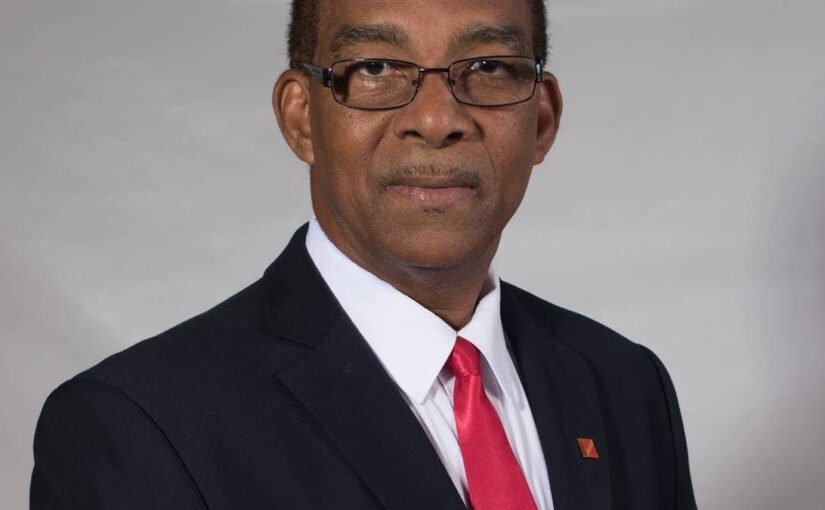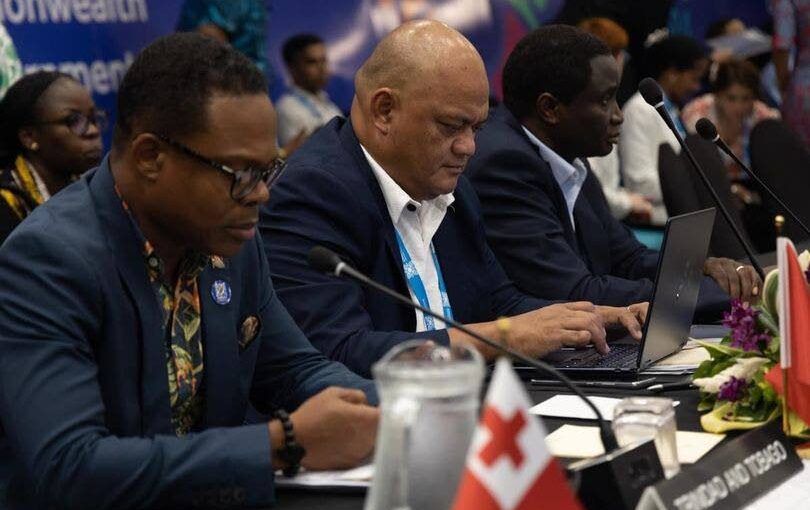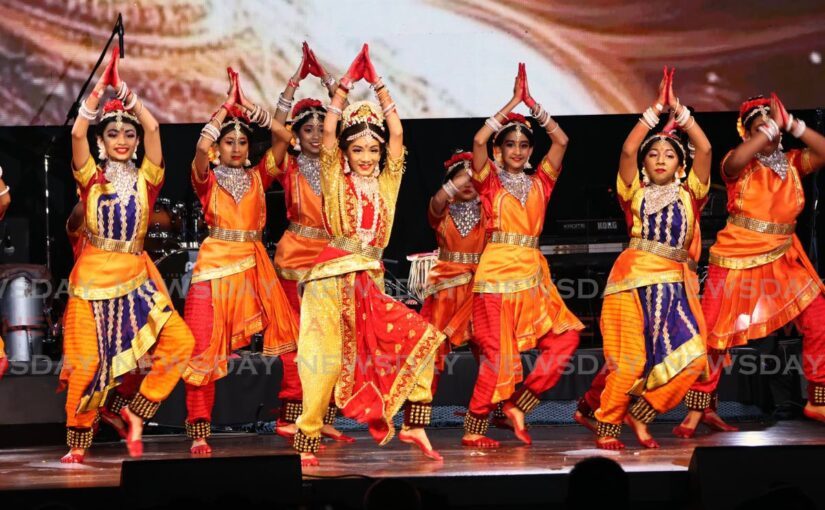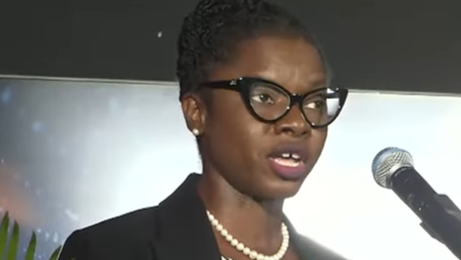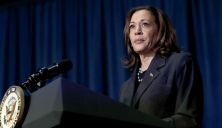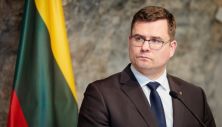DR AMERY BROWNE, Minister of Foreign and Caricom Affairs, is undaunted by the negative signals coming from the United Kingdom regarding calls by...
Vous n'êtes pas connecté
- English
- Français
- عربي
- Español
- Deutsch
- Português
- русский язык
- Català
- Italiano
- Nederlands, Vlaams
- Norsk
- فارسی
- বাংলা
- اردو
- Azərbaycan dili
- Bahasa Indonesia
- Հայերեն
- Ελληνικά
- Bosanski jezik
- українська мова
- Íslenska
- Türkmen, Түркмен
- Türkçe
- Shqip
- Eesti keel
- magyar
- Қазақ тілі
- Kalaallisut ; kalaallit oqaasii
- Lietuvių kalba
- Latviešu valoda
- македонски јазик
- Монгол
- Bahasa Melayu ; بهاس ملايو
- ဗမာစာ
- Slovenščina
- тоҷикӣ ; toğikī ; تاجیکی
- ไทย
- O'zbek ; Ўзбек ; أۇزبېك
- Tiếng Việt
- ភាសាខ្មែរ
- རྫོང་ཁ
- Soomaaliga ; af Soomaali
Rubriques :
 Maroc - NEWSDAY.CO.TT - A la Une - 11/Sep 06:48
Maroc - NEWSDAY.CO.TT - A la Une - 11/Sep 06:48
A statue for Daaga
TERRENCE HONORÉ AS WE seek to remove some of the ruinous remnants of our colonial past, we must be careful not to lose track of the realities that have shaped our destiny. Each occurrence affected another. The European presence and the resistance. Even so, coloniality has caused many men of notoriety to still stand mockingly before us…like Columbus. But to deny the recognition of men who fought for freedom is tantamount to gross negligence. While the colonisers did their thing, the hapless Indigenous and the enslaved Africans were forced to bear the burden of painful economic progress. But we must not forget those who fought against the scourge of the colonial whip. From the melee, we must preserve the memory of men who fought the onerous, exploitative colonial system. Even as we remove the last vestiges of colonialism, we must also celebrate men like Donald Stewart, or Daaga as he was known. He led a failed rebellion against the British regiment in 1837. He represents our resistance to the exploitation of our colonial past. There is a disconnect between our past experiences and our present representations. I was recently reviewing the statutes for mounting statues and discovered that there was no rational explanation for the lack of recognition of deserving heroes of our history. While there has been much discourse regarding pulling down statues of infamous people in our midst, there has not been as much discussion on the recognition of past heroes and statues being mounted in their honour. We are spending more time denouncing and denuding aspects of our past, but failing to promote and project the relevance of our ancestral contributions. Granted that statues were essentially a colonial thing, meant for a king or nobleman, many would have shied away from erecting monuments for common men, in open spaces, halls or rotundas. But sometimes it’s just good enough to name a street, or small park, to honour someone of the highest esteem. This has been the practice for both good and not so good characters in the timeline of our history. But in recent years our authorities did not hesitate to mount statues for a few deserving individuals…like stalwarts of our calypso music, Lord Kitchener and the Mighty Sparrow in Port of Spain, Sundar Popo in Debe, or the bust of Mervyn M Dymally in Cedros, as well as Tubal Uriah Butler in Fyzabad. They got their recognition, but there are others who came before and even after who also deserve to be given the tribute of a monument in their honour. I am making an argument for a statue to be mounted in a place of public scrutiny for Daaga. His place in our history must be considered, given the "parade" of discredited crooks and charlatans from colonial times. Men like Begorat the "torturer of slaves" who has a street named after him in Mayaro, and Picton, with a street and a village and a school bearing his ignominious name. With their deeds, we don’t know if to curse them or pray. While we press for reparations from post-colonial nations, we cannot continue to relish the remnants of the colonial past…the vicissitudes of exploitation and the legacies of abuse in shameless array. For while some argue that what we see is our history, we must also consider the imbalance, the non-inclusion of our heroes who fought for our freedom against the colonial and now the neo-colonials. The disparity is injudicious to our pride and demeaning to our people. My proposal is that a tribute should be mounted in the St Joseph area, in memory of the African prince/slave/soldier/rebel Daaga or Donald Stewart, the name given to him by the British. And a statue placed in prominence in Port of Spain like the whited monuments in Memorial Park. The spirit of rebellion against oppression in whatever form must be highlighted and forever recognised. In August 2023, I visited St Vincent and found, to my delight, that a monument was mounted for the recognised freedom fighter of the colonial era, the black Carib chief Joseph Chatoyer. The obelisk is located high on Dorsetshire Hill overlooking the sea, in the vicinity where he was killed by the British. He led the Maroons, the local Carib tribes, the Carifinas, in an 18-year rebellion against the Dutch, Spanish and British colonisers. St Vincent got independence on October 27, 1979, but it took them 23 years to identify Chatoyer as a national hero. The award came 228 years after his death in 1795. It took the St Vincent people over 150 years to recognise his contribution to their history. Our former colonisers continued to wear their ill-gotten laurels with impudence, glorifying the gory days of their slavery enterprise. In both Kingstown, St Vincent and in Port of Spain monuments have been placed in honour of the British colonisers with soldiers and cannons as prominent reminders. Chatoyer’s monument is almost inaccessible on a high bushy hill, but even so, a statue for Daaga is nowhere to be seen. Neither man has gained recognition in a popular public space as heroes of our history. We must commend the Vincentians on their actions, but in TT the denial of the recognition of our history of resistance continues to be the bane of our existence. While it might be a dismissive thought for the former colonisers, it must be retained in the memory of our people as we learn to recognise those who fought for the freedoms we now possess. The UWI did well to pay tribute with Daaga Hall, renamed Daaga Auditorium in 2009. A fitting location for inspiration of our present and future thinkers, but alas, there must be more. Both Chatoyer and Daaga were recorded as criminals by colonial history, not as true heroes and freedom fighters who fought for freedom from oppression. There must be a place in our hearts and our public spaces to locate a statue of deserving status. We cannot continue to hide our history and dishonour the memories of heroes of our past. May the spirit of freedom continue to soar in our hearts, like the brave men who fought that day in 1837 for freedom. Let them be honoured and remembered. Let the children pass by and marvel at the monument for a man who fought for liberty. I pray the day will dawn when the monument would stand in the glow of the morning sun, proudly, deservedly, for a man who fought for freedom in our land. Let the statue of Daaga stand! The post A statue for Daaga appeared first on Trinidad and Tobago Newsday.
Articles similaires
Inside The CIA’s (Largely) Secret Role In The Tibetan Resistance – Analysis
By Tenzin Pema, Dorjee Damdul, Passang Dhonden, and Lobsang Gelek High up in the Southern Rocky Mountains of Colorado, at 9,200 feet, lies...
Truth resonates with eternal light of Divali
THE EDITOR: TT celebrates Divali on October 31, a public holiday since 1966. Divali continues to generate national appeal from all sectors of the...
Ministry rewriting history teaching with ancestral storytelling
In a radical shift from a colonial perspective that has dominated Barbadian education, schoolchildren are to learn their history through the stories...
ST. ANDREW’S UPDATE – Celebrating craftsmanship amidst restoration
In May 2024, the beloved St. Andrew’s on the Square in Kamloops, a symbol of our community’s rich history, was damaged by fire. While we...
Harris addressed her supporters: acknowledged the defeat but promises to “continue the fight”
U.S. Vice President Kamala Harris, in her first speech after losing the presidential election, vowed to continue the fight—likely hinting at her...
Olori Ivie Atuwatse III, Queen Consort of Warri, Awarded Freedom of the City of London, Joining Iconic Figures like Nelson Mandela, Princess Diana, and Winston Churchill
London, United Kingdom – 29/10/2024 – In an illustrious ceremony held at Guildhall, Olori Ivie Atuwatse III, a transformational female leader,...
Do nothing to revive the old nature!
Hello mi neighbour! Our world seems to be spinning out of control and its inhabitants must find an anchor for body, soul and spirit. A few of us who...
NATO should send clear message to Russia by inviting Ukraine – Lithuanian DM
Inviting Ukraine to join the North Atlantic Alliance would show Russia, which understands only force, that it has no veto over the actions of its...
The Fourth Branch Of US Government Faces A Reckoning – OpEd
By Kimberlee Josephson Jeff Bezos recently released an op-ed on why the Washington Post will be refraining from endorsing political candidates...
Les derniers communiqués
-
Aucun élément
